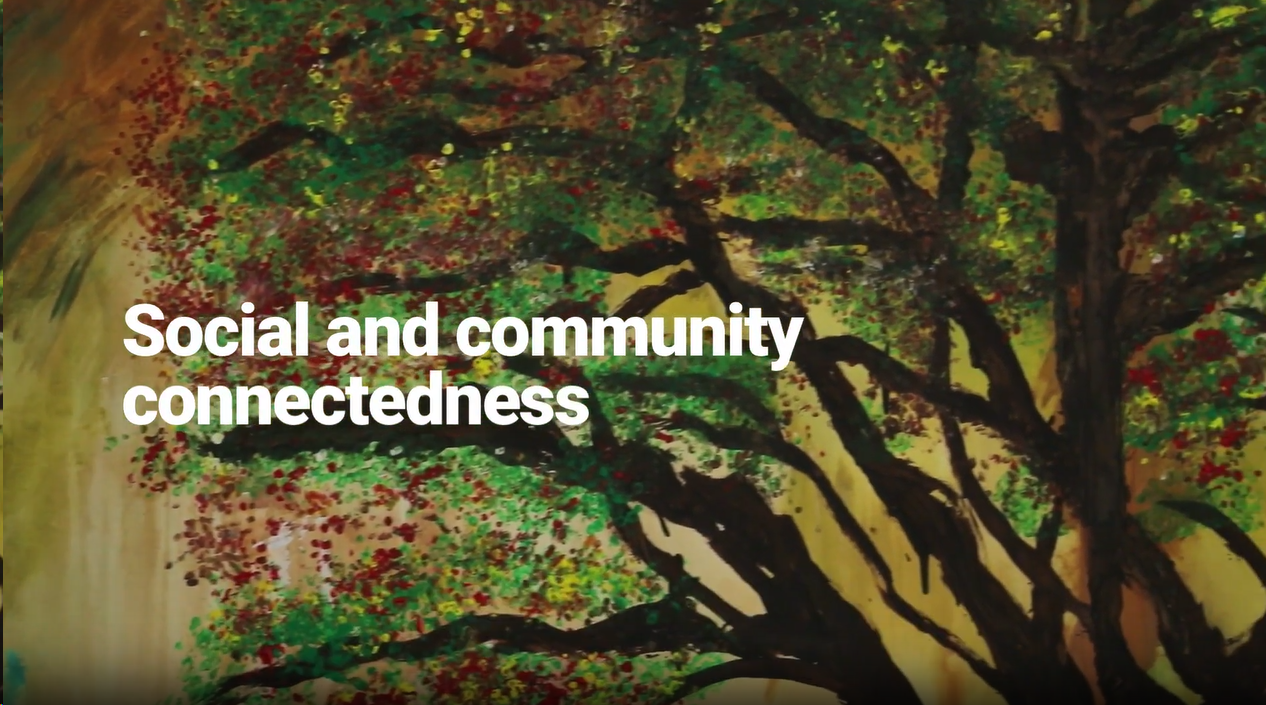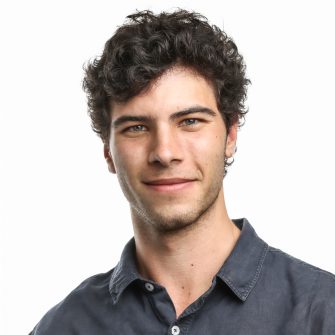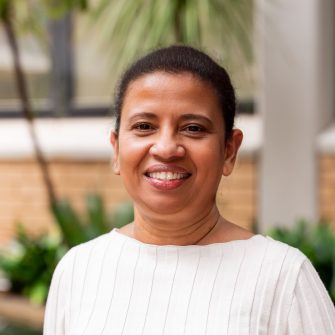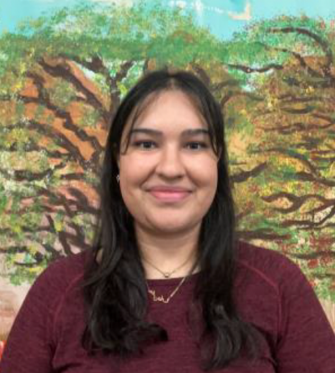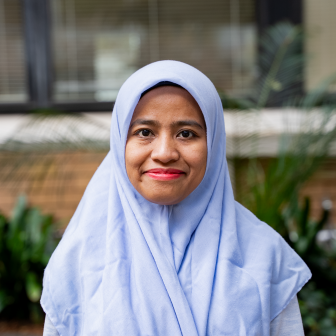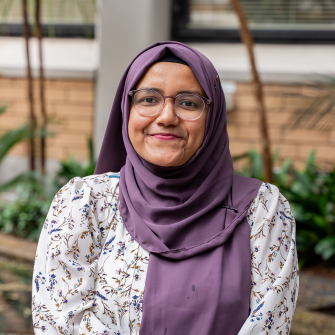
Focus
Lead interdisciplinary, translational research regarding mind-body and non-pharmacological interventions. Our research focuses on a broad range of groups including people living with mental illness, people experiencing social marginalisation and other forms of disadvantage.
Research strength
Our strength lies in our interdisciplinary team comprising expertise in exercise physiology, nutrition and dietetics, public health and psychology.
Our team recognizes and celebrates diversity in culture and includes higher degree research students and staff representing cultures and countries from around the world.
Recent publications
- Implementing lifestyle interventions in mental health care: third report of the Lancet Psychiatry Physical Health Commission
- Co-designing a Physical Activity Service for Refugees and Asylum Seekers Using an Experience-Based Co-design Framework
- Delivering Exercise Services to Refugees and Asylum Seekers
Collaborations
- Olympic Refuge Foundation (ORF)
- United Nations High Commission for Refugees (UNHCR) & International Organisation for Migration (IOM)
- International Society for Nutritional Psychiatry Research (ISNPR)
- NSW Ministry of Health
- Service for the Treatment and Rehabilitation of Trauma and Torture Survivors (STARTTS)
- Mindgardens Neuroscience Network
- Dietitians Australia (DA)
- Exercise & Sports Science Australia (ESSA)
- Addison Road Community Centre (Addi Moves)
- Food & Mood Centre, Deakin University
- Marrickville Legal Centre
- University of Technology, Sydney
- Flourish Foundation
- SIMPAQ: Simple Physical Activity Questionnaire
- Lifestyle Pschiatry Commission
Addi Moves
Addi Moves is a free, culturally responsive and trauma informed physical activity service led by Accredited Exercise Physiologists.
The ‘not gym’ was set up after an extensive co-design process led by Dr Grace McKeon. Clients visiting the service include people experiencing mental illness, gender-based violence, food insecurity, as well as refugees and asylum seekers. Over 1,700 exercise sessions have been offered and 11 student Exercise Physiologists conducting placement at Addi Moves have attended 1,000 hours.
Members
Students
- Emma Suzuki - Accredited Exercise Physiologist – Hons Student
Goals
1.
Lead internationally recognised, interdisciplinary, translational research regarding lifestyle and mental health across diverse population groups.
Achieved by:
- Strengthening collaboration between the Discipline of Psychiatry and Mental Health, the School of Population and Global Health, the School of Health Sciences and the School of Psychology, to enhance existing and create new opportunities for students and staff,
- Generating funding and resources through philanthropy, and competitive research funding schemes.
2.
Contribute to achieving UNSW’s global impact objectives specifically, Priority 2, Page 1 from ‘UNSW Global Strategy: Partnership for the greater global good’ - Anchoring multi-disciplinary research partnerships at scale in all global regions.
Achieved by:
- Contributing to the impact measure: Increased opportunities for overseas research mobility for HDRs and ECAs by leveraging our extensive existing network of national and international, collaborators and partners.
3.
Contribute to UNSW’s Societal impact objectives specifically in the category of social cohesion, health and wellbeing
(see Discussion Paper: Developing UNSW’s Societal Impact Framework Together)
Achieved by:
- Conducting high quality research and knowledge translation activities that contribute to Impact Focus Areas in Table 2, Page 14:
- Health, wellbeing and aging,
- Equity and human rights.




